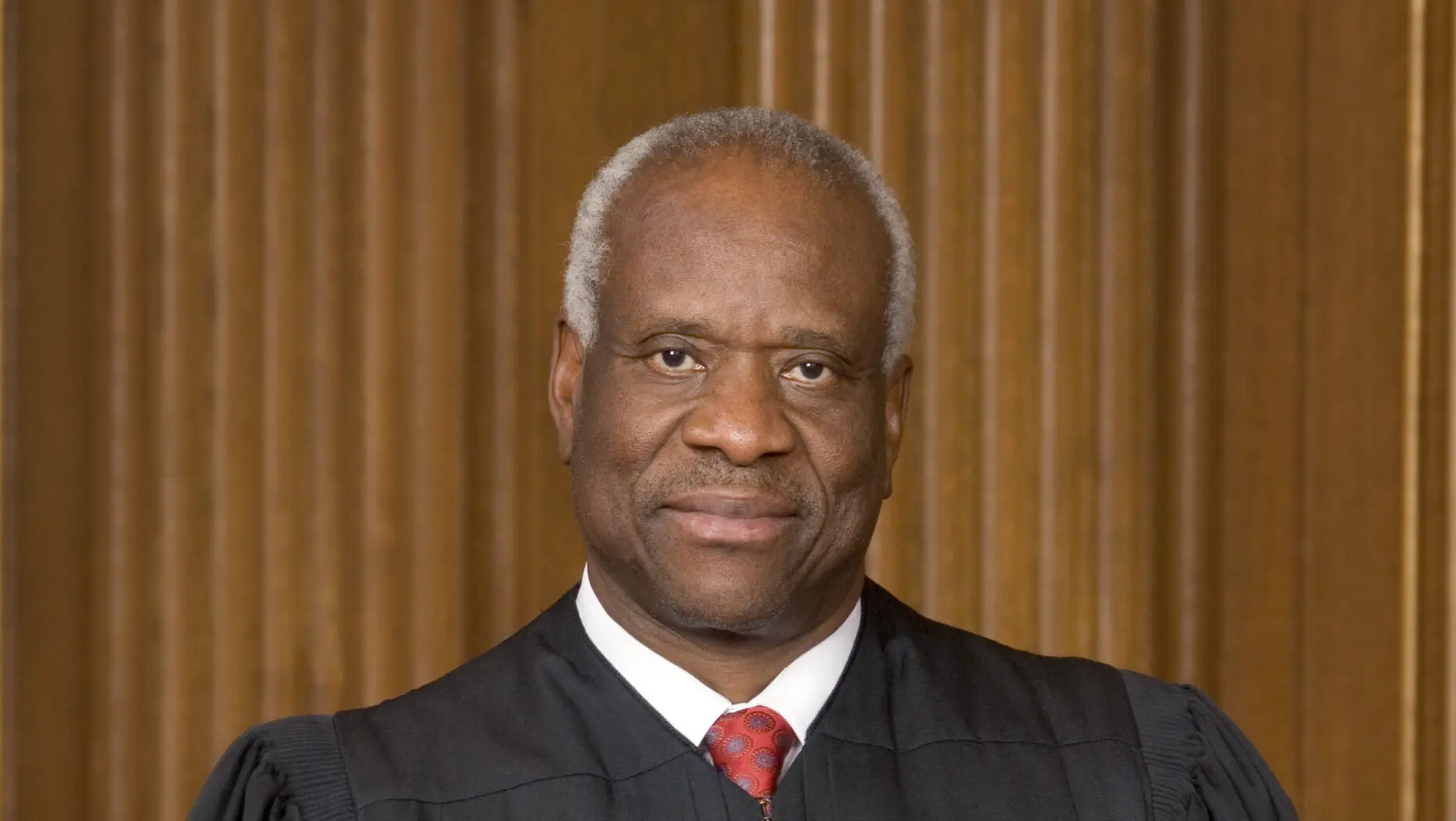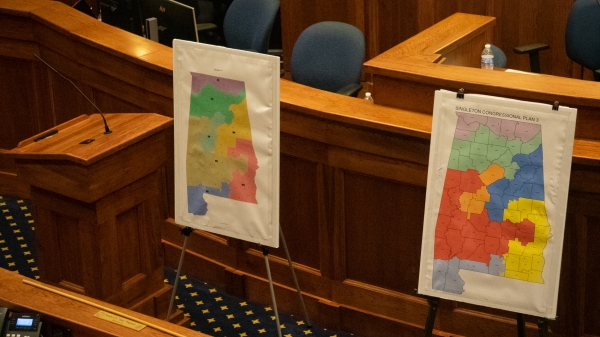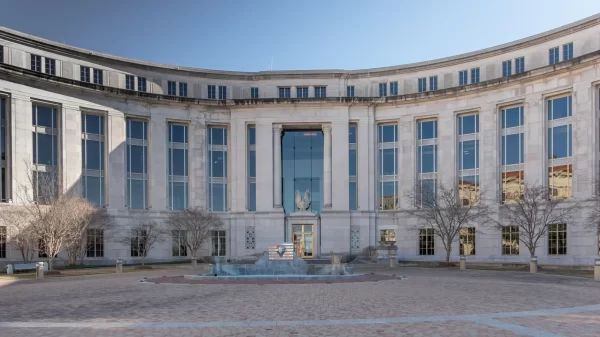|
Getting your Trinity Audio player ready...
|
The Constitution only protects your right to fill out a ballot, regardless of whether that ballot is cast into a fire or the ballot box after it’s filled out. Or so says Supreme Court Justice Clarence Thomas.
In his concurrence in Alexander v. South Carolina State Conference of the NAACP, Thomas once again started listing some of the rights he’d like the Supreme Court to strip away from the American people.
First, in his concurrence in Dobbs v. Jackson Women’s Health Organization, Thomas said that the Court “should reconsider all of this Court’s substantive due process precedents, including Griswold, Lawrence, and Obergefell.” Now, in his concurrence in Alexander, he’s begun to question whether the court can or should prevent states from engaging in racial gerrymandering.
Last week, the Supreme Court’s majority opinion in Alexander found gerrymandering must have had “the purpose and effect” of diluting the minority vote before the courts can step in (The court already abrogated its ability to review purely partisan gerrymandering in Rucho v. Common Cause).
In her dissent, Justice Elena Kagan stated plainly and self-evidently that “the majority’s new evidentiary rule is meant to scuttle gerrymandering cases.”
But Thomas still thinks that the majority opinion just didn’t go far enough. In his concurrence, Thomas argued that “racial gerrymandering and vote dilution claims are also nonjusticiable.” He claimed that “the Constitution commits those issues exclusively to the political branches.”
In other words, the Supreme Court should not have intervened when Alabama Republicans drew up districts that disenfranchised Black Alabamians. If red states decide to slice up every Black majority district in the next redistricting cycle, Thomas says to just let the state legislatures have at it.
“Because black Alabamians make up less than two-sevenths of the State’s population,” Thomas explains, the state’s new map “could result only from an obsessive focus on race in the map-drawing process.” And as Thomas repeats, and repeats, and repeats in his concurrence, America has a “colorblind Constitution.” Of course, he claims, the Supreme Court’s consideration of racial gerrymandering “betrays the colorblind promise of the Fourteenth Amendment.”
One wonders if his pocket Constitution actually includes the Reconstruction Amendments. The 13th, 14th, and 15th Amendments were passed and ratified in order to establish a new political order where the rights of everyone, of every race, were respected. And that explicitly includes voting rights.
To quote Chief Justice Earl Warren’s majority opinion in Reynolds v. Sims, “the Equal Protection Clause [of the 14th Amendment] demands no less than substantially equal state legislative representation for all citizens, of all places as well as of all races.”
In 1866, Representative Thaddeus Stevens introduced the 14th Amendment to the House by stating that “it is necessary to clear away the rotten and defective portions of the old foundations, and to sink deep and found the repaired edifice upon the firm foundation of eternal justice.”
Justice Thomas seeks instead to clear away the nation’s renewed Reconstruction and Civil Rights era foundations and bring back the “rotten and defective portions” of old. By advocating for the court to abdicate its ability to check gerrymandering of any kind, he is arguing that state politicians ought be able to handpick their voters. And when politicians pick their voters, and not the other way around, I doubt whether anyone can really enjoy the equal protection of the laws.
If the Supreme Court won’t protect our most basic rights, we must reconsider whether it truly merits its outsized power.
No matter what Thomas, or other members of the judiciary, want you to think, the court system is not the only apolitical institution in American government. They’re all down here in the dirt and grime of politics with the rest of us.
Judges and Supreme Court justices are confirmed by the Senate in a political process. They choose when to retire based on political considerations (just see Kennedy and Breyer).
And the vast majority of judges rule in a partisan manner too. Frankly, it’s never a surprise when a Democratic appointee finds in favor of a gun control law, or a Republican appointee rules against abortion access.
Look at Thomas himself, a political apparatchik in the Reagan administration elevated to the Supreme Court despite credible allegations of sexual harassment, and tell me that the Supreme Court are not just a bunch of politicians in fancy robes. Look at Thomas’ wife, and her active attempts to overturn the 2020 election results, and tell me that we should really believe the justices are neutral arbiters of the law and the Constitution.
Or just look at the corruption surrounding the court’s conservative majority: the yacht rides, the private jet flights, and the free vacays. Certainly sounds like a bunch of politicians.
And if the court are a bunch of politicians, we should be able to replace them when they attack our rights. If the court continues to offer fig leaves to those actors seeking to sabotage free and fair elections, we will need to revisit some old assumptions and clear away some rotten and defective portions of the old foundations.
Having an independent judiciary is important, sure, but every American citizen’s right for their vote to count is essential.






















































